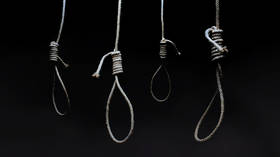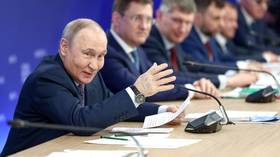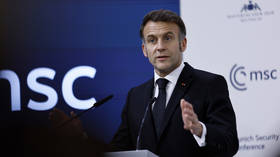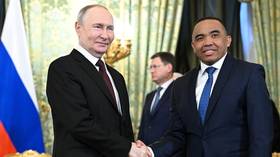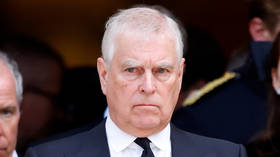US ‘weaponizing imperialist agenda’ – Zimbabwean official
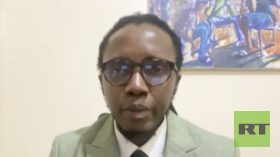
The US and its Western allies are using allegations of corruption and human rights abuses to “weaponize” their global agendas, Richard Mahomva, International Communications Director for the Zimbabwean government, has claimed in an exclusive interview with RT.
Mahomva believes that Washington resorts to accusations of corruption whenever it wants to impose its authority abroad.
“The issue of corruption, the issue of human rights violations, really is a very tired argument that has been used to weaponize the imperialist agenda of America and other Western countries,” the Zimbabwean official and political scientist claimed.
According to Mahomva, sanctions imposed by the US have affected Zimbabwe’s education and health sectors, as well as endangering “many facets of our livelihoods” such as the banking system.
On Monday, Zimbabwean President Emmerson Mnangagwa, the nation’s first lady, other senior leaders, and three entities were accused by the US Treasury Department of corruption or human rights abuses.
The new sanctions replace a broader program introduced by George W. Bush 20 years ago, and impact numerous senior leaders in the African country, preventing them from accessing their assets in the US and prohibiting them from making unofficial trips there.
US Secretary of State Antony Blinken described the measures as part of a “stronger, more targeted sanctions policy” toward Zimbabwe, voicing his concern for “serious cases of corruption and human rights abuse.”
“The changes we are making today are intended to make clear what has always been true: our sanctions are not intended to target the people of Zimbabwe,” Deputy Treasury Secretary Wally Adeyemo claimed.
